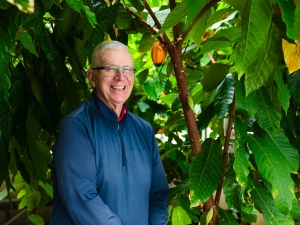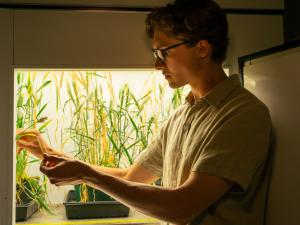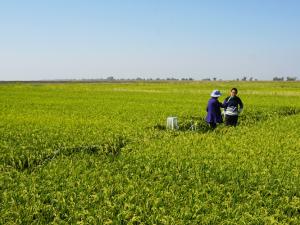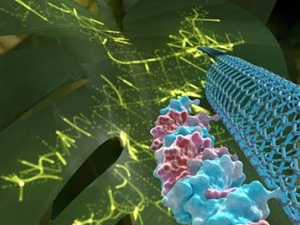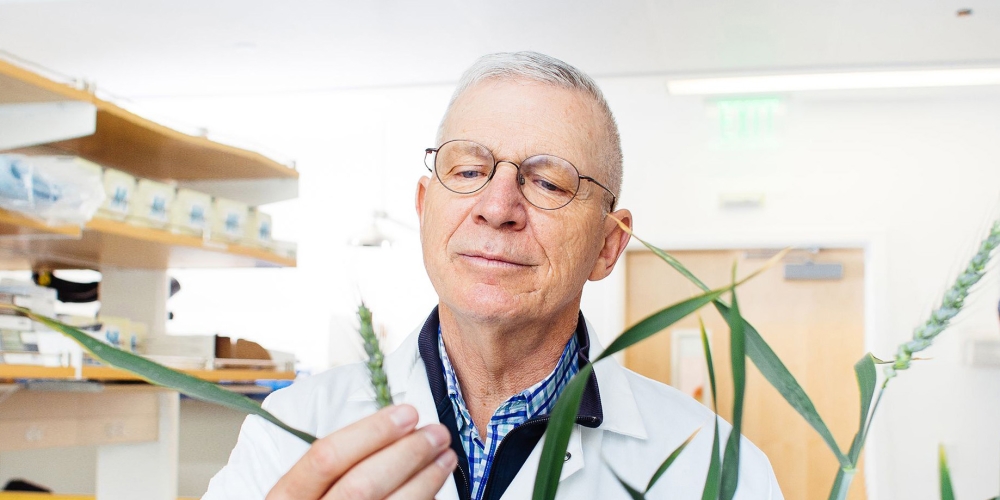

Research Bio
Research in the Staskawicz laboratory is focused on elucidating the molecular basis of plant innate immunity from the perspective of both the pathogen and the host. We have emphasized the identification and characterization of bacterial effector proteins from both Pseudomonas syringae and Xanthomonas spp. with respect to the molecular events that control delivery of effector proteins to host and their sites of action within the plant host. We have studied the dual phenotype of bacterial effectors with regards to both virulence and their ability to trigger effector-mediated immunity when they are recognized by their cognate NB-LRR plant innate immune receptors. Our laboratory studies many aspects of plant innate immunity and employs cutting edge methods to answer many of the pressing questions in the field that pertain to effector recognition and NB-LRR immune receptor activation. Furthermore, we have now set out to apply basic discoveries in the field of molecular plant pathology to engineer durable resistance in agronomic crop species.
Research Expertise and Interest
biotechnology, plant and microbial biology

